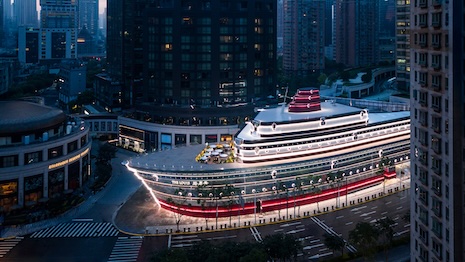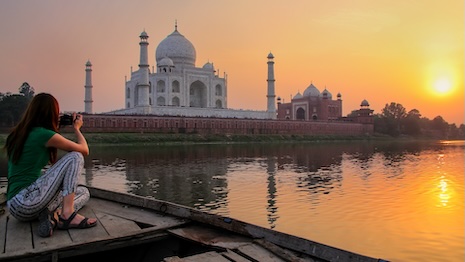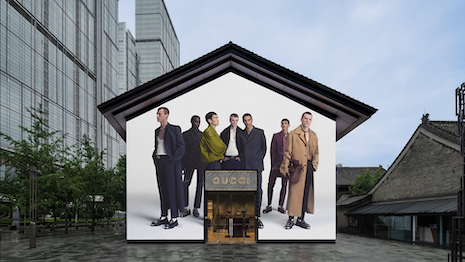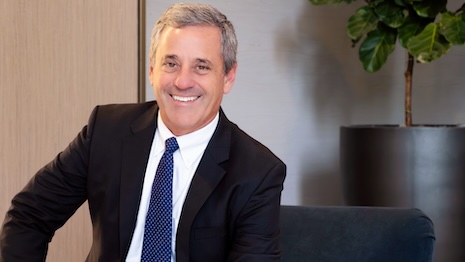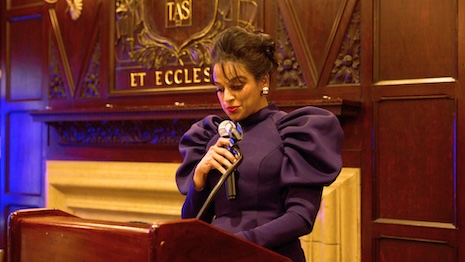- No categories
- About
- Membership
- Networking & Events
- Research
- News
- Free Newsletter
- Luxury Class
- Partners
-
Most Read
- Aimée Ann Lou embraces conscious couture with wholly sustainable luxury footwear across entire value chain

- Cautious Chinese buyers, putting global luxury on notice, divert spend towards homegrown brands

- Global luxury spending to stay flat at $1.66 trillion in 2025 as shopper base shrinks

- Luxury must rethink the codes of masculine status

- The 4C’s for luxury marketers to watch out for in 2026

- The truth about Chinese consumption – and its impact on luxury: report
- Meet the 25 execs who lead American luxury real estate and design

- Saks Global’s woes signal waning enthusiasm for luxury department store chains

- Photos from Luxury Roundtable's Luxury Women Leaders Summit New York April 9

- Report: Southeast Asia, India next luxury beauty growth markets in Asia Pacific
- Aimée Ann Lou embraces conscious couture with wholly sustainable luxury footwear across entire value chain
-
Latest Headlines
-
Cautious Chinese buyers, putting global luxury on notice, divert spend towards homegrown brands

-
Luxury must rethink the codes of masculine status

-
Content from Luxury Roundtable’s Luxury Outlook Summit 2026 and AI in Luxury Summit 2026 New York

-
Only 2 days left! Register for Luxury Outlook Summit NYC or AI in Luxury Summit

-
6 days left! Register now for Luxury Outlook Summit New York

-
How accessible luxury brands can leverage new loyalty strategies without eroding brand equity

-
Why AI will be key for growing a luxury business in 2026

-
5 trends that will define small-business marketing for luxury in 2026

-
From ownership to proven worth: Why luxury is entering its most honest era yet

-
Why this Luxury Outlook Summit Jan. 14-15 is different from years past

-
Cautious Chinese buyers, putting global luxury on notice, divert spend towards homegrown brands
- Join Our Luxury Program
- My Account Log In Log Out
- Aimée Ann Lou embraces conscious couture with wholly sustainable luxury footwear across entire value chain

- Cautious Chinese buyers, putting global luxury on notice, divert spend towards homegrown brands

- Global luxury spending to stay flat at $1.66 trillion in 2025 as shopper base shrinks

- Luxury must rethink the codes of masculine status

- The 4C’s for luxury marketers to watch out for in 2026

- The truth about Chinese consumption – and its impact on luxury: report
- Meet the 25 execs who lead American luxury real estate and design

- Saks Global’s woes signal waning enthusiasm for luxury department store chains

- Photos from Luxury Roundtable's Luxury Women Leaders Summit New York April 9

- Report: Southeast Asia, India next luxury beauty growth markets in Asia Pacific







